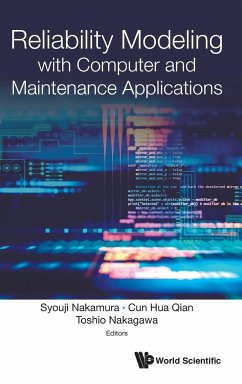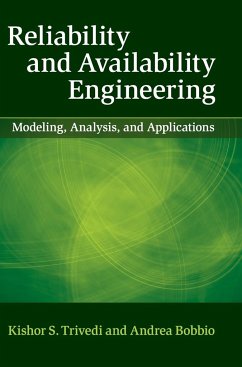Javaid Iqbal is a Senior Assistant Professor in the Post Graduate Department of Computer Science, University of Kashmir, Srinagar Jammu and Kashmir, India. He did his PhD in Computer Science from the University of Kashmir in the year 2014. Faheem Syeed Masoodi is Assistant Professor in the Department of Computer Science, University of Kashmir. Earlier, he served College of Computer Science, University of Jizan, Saudi Arabia as an Assistant Professor. Ishfaq Ahmad Malik completed his Ph.D. degree in the year 2019 from Department of Mathematics, National Institute of Technology, Srinagar, Jammu and Kashmir, India. Shozab Khurshid completed her Ph.D. degree in the year 2019 from Post¿Graduate Department of Computer Science, University of Kashmir, India. Iqra Saraf completed her Ph.D. degree in the year 2019 from Post¿Graduate Department of Computer Science, University of Kashmir, India. Her research interests include software reliability, software optimization and software security. Alwi M Bamhdi is an associate professor in the Department of Computer Sciences, Umm Al-Qura University, Saudi Arabia. He received his MSc and Ph.D. in computer science in 2014 from Heriot-Watt University, UK.
















